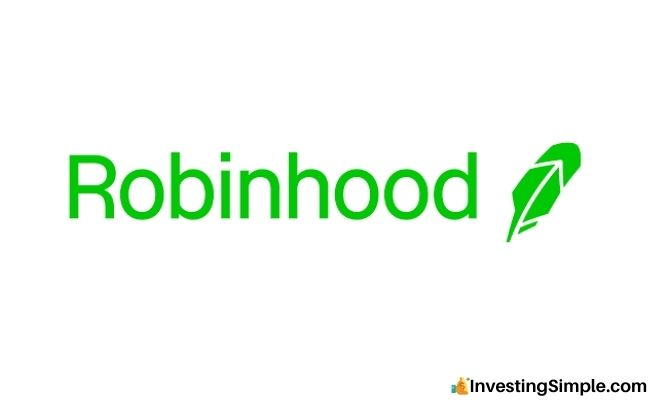





Stocks can be delisted for several reasons.
One common cause is failing to meet the listing requirements set by the exchange. These requirements often include factors such as minimum share price, market capitalization, and financial reporting standards.
Additionally, companies may choose to initiate the delisting of their stock voluntarily, perhaps due to strategic reasons or financial difficulties.
If you own a stock or ETF in your Robinhood portfolio that gets delisted, here is what will happen.
New to Robinhood? Check out my full tutorial below!
Robinhood is a popular "all-in-one" investing app.
While they are most well-known for their commission free stock trading, they've recently shaken up the Retirement Investing World too.
Introducing Robinhood Retirement; home of the biggest IRA match on the market.
Here's what you need to know:
And don't worry, this comes with a Portfolio Builder Tool. You don't have to construct your investment portfolio from scratch if you don't want to.
Lastly, you'll even get a free stock worth up to $200 when you open a new Robinhood account using our link.
First of all, delisting is not a decision made by Robinhood or another brokerage. Either the stock exchange (NYSE or Nasdaq) or the individual company makes this decision.
Once a stock delists, the Robinhood in-app market data will no longer reflect the current trading price.
You will need to find stock quotes somewhere else for an idea of what price your sell order will execute at if you choose to close the position.
Generally, once a stock is delisted, you can't open new positions in that security on Robinhood.
However, you may still be able to close your existing position, allowing you to sell the shares you own.
In a nutshell, you can usually sell the delisted stock or ETF, you just can't buy more shares. However, you will need to find a price quote from a source outside of Robinhood, as they don't offer quotes on OTC exchanges.
If you want to learn more about Robinhood, check out our full beginner's guide about how Robinhood works here.